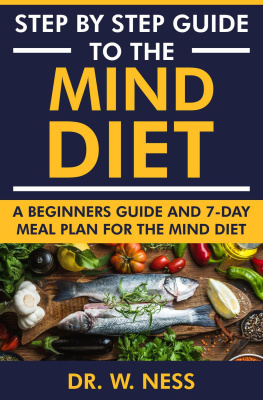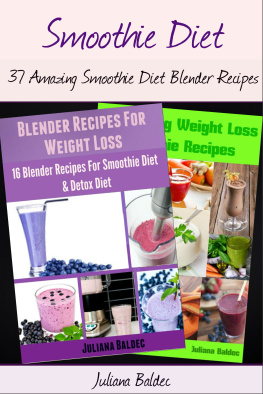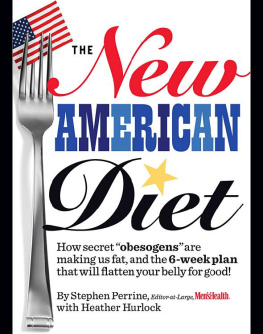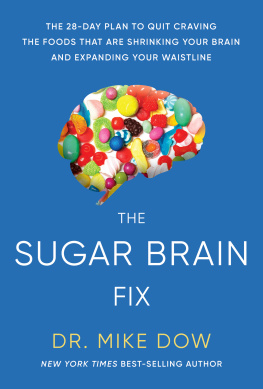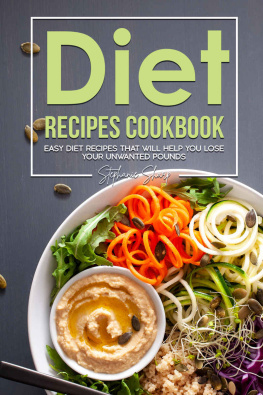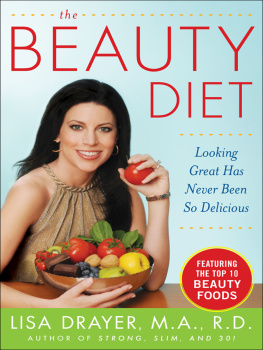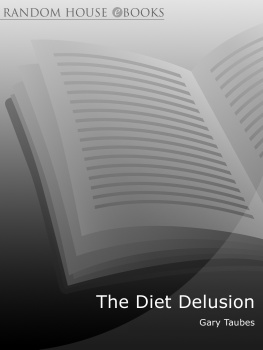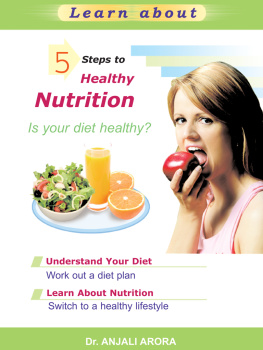Tyler G. Graham - The Happiness Diet: A Nutritional Prescription for a Sharp Brain, Balanced Mood, and Lean, Energized Body
Here you can read online Tyler G. Graham - The Happiness Diet: A Nutritional Prescription for a Sharp Brain, Balanced Mood, and Lean, Energized Body full text of the book (entire story) in english for free. Download pdf and epub, get meaning, cover and reviews about this ebook. year: 2012, publisher: Harmony/Rodale, genre: Romance novel. Description of the work, (preface) as well as reviews are available. Best literature library LitArk.com created for fans of good reading and offers a wide selection of genres:
Romance novel
Science fiction
Adventure
Detective
Science
History
Home and family
Prose
Art
Politics
Computer
Non-fiction
Religion
Business
Children
Humor
Choose a favorite category and find really read worthwhile books. Enjoy immersion in the world of imagination, feel the emotions of the characters or learn something new for yourself, make an fascinating discovery.

- Book:The Happiness Diet: A Nutritional Prescription for a Sharp Brain, Balanced Mood, and Lean, Energized Body
- Author:
- Publisher:Harmony/Rodale
- Genre:
- Year:2012
- Rating:3 / 5
- Favourites:Add to favourites
- Your mark:
The Happiness Diet: A Nutritional Prescription for a Sharp Brain, Balanced Mood, and Lean, Energized Body: summary, description and annotation
We offer to read an annotation, description, summary or preface (depends on what the author of the book "The Happiness Diet: A Nutritional Prescription for a Sharp Brain, Balanced Mood, and Lean, Energized Body" wrote himself). If you haven't found the necessary information about the book — write in the comments, we will try to find it.
An insightful, eye opening adventure into diet and nutrition. Concise and witty, this book kept me engaged from cover to cover. A must-have for anyone serious about getting happy and healthy naturally.Andrew Morton, MD, Board-certified Family Physician; Former Medical Corps, US Navy and Army Infantry Medic, Desert Storm
For the first time in history, too much food is making us sick. The Modern American Diet (MAD) is expanding our waistlines while starving and shrinking our brains. Rates of obesity and depression have recently doubled, and though these epidemics are closely linked, few experts are connecting the dots for the average American.
Using data from the rapidly changing fields of neuroscience and nutrition, The Happiness Diet shows that over the past several generations, small, seemingly insignificant changes to our diet have stripped it of nutrientslike magnesium, vitamin B12, iron, and vitamin D, as well as some very special fatsthat are essential for happy, well-balanced brains. These shifts also explain the overabundance of mood-destroying foods in the average Americans diet and why they predispose most of us to excessive weight gain.
After a clear explanation of how weve all been led so far astray, The Happiness Diet empowers the reader to steer clear of this MAD way of life with simple, straightforward solutions, including:
A list of foods to swear off
Shopping tips and kitchen organization tricks
A compact healthy cookbook full of brain-building recipes
Practical advice, meal plans, and more!
Graham and Ramsey guide you through these steps and then remake your diet by doubling down on feel-good foodseven the all-American burger.
Praise for The Happiness Diet
Finally, a rock-solid, reliable, informative, and entertaining book on how to eat your way to health and happiness. Rundont walkto read and adopt The Happiness Diet. This is the only diet book Ive encountered that I can actually recommend to patients without reservation.Bonnie Maslin, PhD, Psychologist and author of Picking Your Battles
A lively, thorough, and iron-clad case for real food. You will never eat an egg-white omelet or soy protein shake again.Nina Planck, author of Real Food and Real Food for Mother and Baby
The book includes food lists, shopping tips, brain-building recipes, smart slimming strategies, and other useful tools to lose weight and keep the blues at bay.AM New York
Tyler G. Graham: author's other books
Who wrote The Happiness Diet: A Nutritional Prescription for a Sharp Brain, Balanced Mood, and Lean, Energized Body? Find out the surname, the name of the author of the book and a list of all author's works by series.

